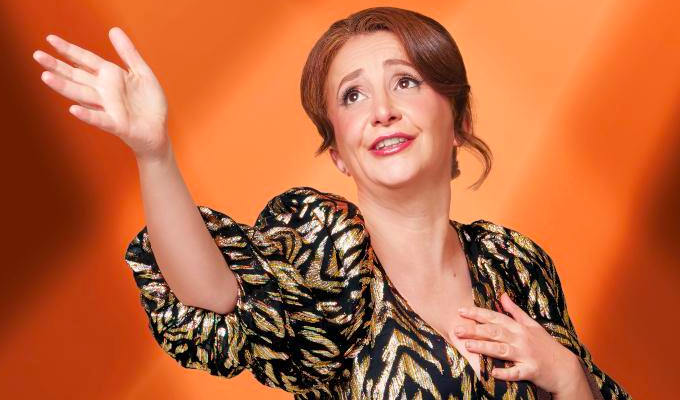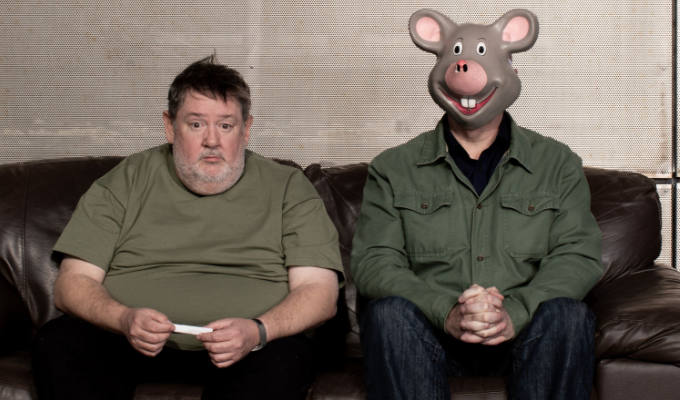The joke's on you, grandad
Why the old don't get gags
Older people find it harder to get jokes, a new study has shown.Academics say people lose their sense of humour as they age – which could be a problem because of the health benefits associated with laughter.
Researchers at the Washington University in St Louis, asked both undergraduates and pensioners to finish off a number of jokes, and found that older people made more mistakes when it came to identifying the punchline from a number of options.
One sample set-up was: ‘A businessman is riding the subway when young man sits down next to him and says, “Call me a doctor, call me a doctor”. The businessman asks, “What’s the matter, are you sick?”.
The participants had to chose between the real punchline - ‘The young man says, “I just graduated from medical school.”’ – and literal endings such as: ‘Yes, I feel a little weak. Please help me.’
Overall, younger people did six per cent better than the pensioners at selecting the right punchline. In cartoon gags, as opposed to verbal jokes, the younger people did better still, with a 14 per cent difference.
Writing in the Journal of the International Neuropsychological Society, psychology professor Brian Carpenter said: 'This wasn't a study about what people find funny. It was a study about whether they get what was supposed to be funny.
'There's a basic cognitive mechanisms to understanding what's going on in a joke. Older adults, because they may have deficits in some of these cognitive areas, may have a harder time understanding what a joke is about.'
Researcher Wingyun Mak added: ‘People know that there are certain mental abilities that decline as we get older. We're definitely not trying to say that older adults don't have a sense of humour, but I think that there are certain types of jokes that are more difficult for older adults.’
Published: 12 Jul 2007






